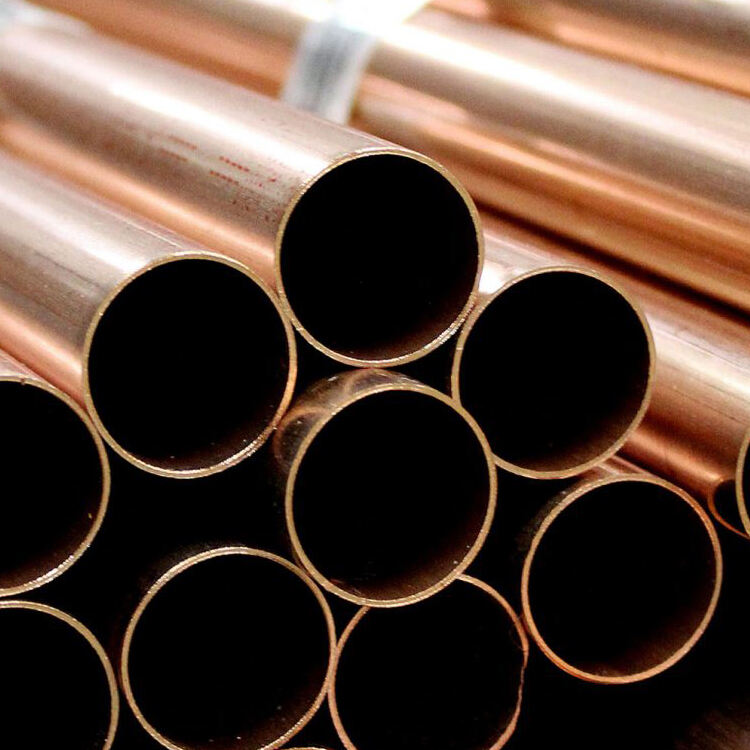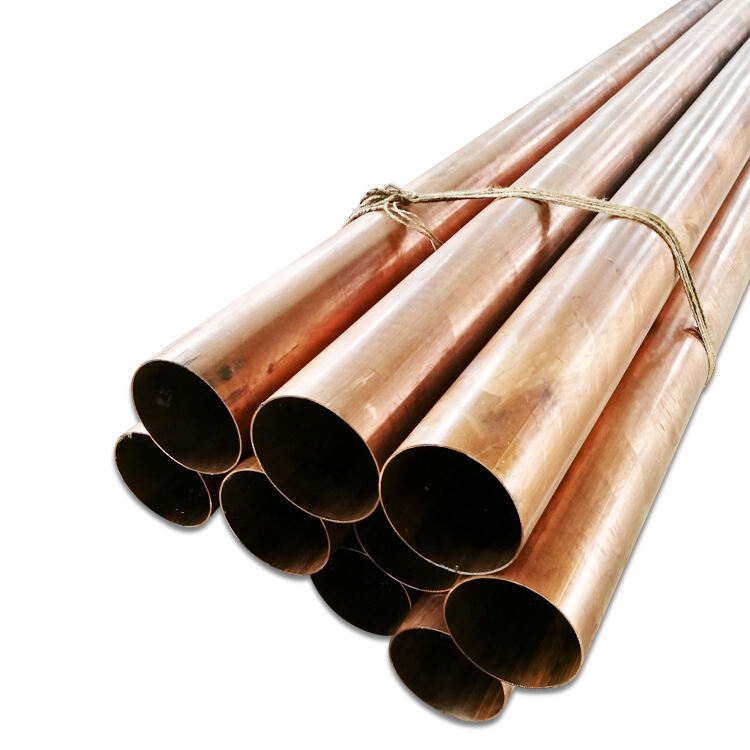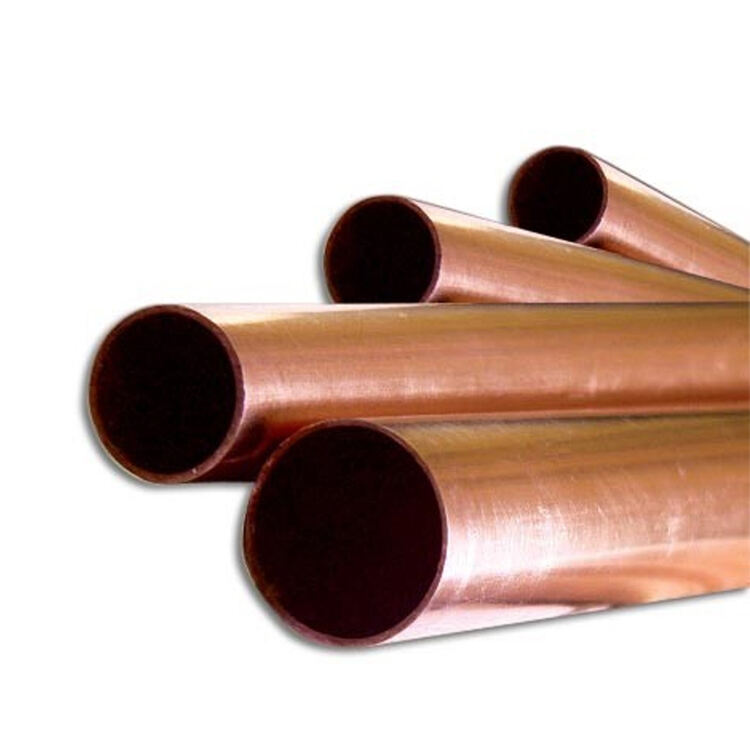A common form of plumbing material used in homes and buildings is 1 2 soft copper. Copper is strong, durable metal that won't rust and/or corrode easily. This is why even such a minor reduction helps the pipes last a lifetime. Soft in soft copper pipe means it is soft and easy to bend. This versatility makes it suitable for a variety of plumbing jobs, and is consequently very popular with both plumbers and homeowners.
Water Supply Lines: One of the primary applications for soft copper pipe. These pipes are how the water from the source enters your home or building. They link essential fixtures — sinks, toilets and showers — to the water supply. These pipes may not limit the water flow for you to run the water in your home. Soft copper pipe is also used for gas lines, in addition to carrying water. It is due to their ability to withstand extreme pressure and high temperatures which is necessary when handling gas.
Good reasons abound to select 1 4 soft copper tubing for plumbing in your home or building. Its flexibility is the most important of its advantages. Soft copper pipes can be easily bent and shaped, allowing them to fit around corners and obstacles in tight spaces. That definitely comes in handy with the limited spaces where things are typically installed, so this makes for a much easier install.
Plumbing projects undertaken by DIYers are likely to use soft copper pipe. This is partly because it is simple to use. Soft copper piping can be cut to the desired length with a basic hacksaw or pipe cutter. They can be bent and shaped by hand, with no exotic tools or complex machinery required. This makes it very accessible for anyone wanting to try some plumbing themselves.

Here are some considerations to think about before choosing soft copper pipe as your home or building Pipe: The pipe size is one of the most important considerations. Soft copper pipe is available in a number of different sizes; the size you will need will depend on what you are using the pipe for. You may require bigger pipe for a main water line and reduce pipe for a diffuser.

One other important parameter to consider is how thick the pipe is. Thicker pipe, is better for high-pressure applications, such as gas lines or water supply lines for larger buildings. Thinner pipes may be appropriate for smaller jobs, such as running to a single faucet or toilet. It is critical to select an appropriate length and strength so that the pipes are installed correctly and successfully serve the plumbing system.

Here are some tips to ensure you properly care for your soft copper pipes to keep them lasting as long as possible. Keeping the pipes clean is a critical maintenance task. You can do this by using a pipe cleaning brush or flushing the pipes with clean water. As the dirt and debris accumulate, keeping the pipes clean helps to avoid blockages and ensures a smooth flow of water.